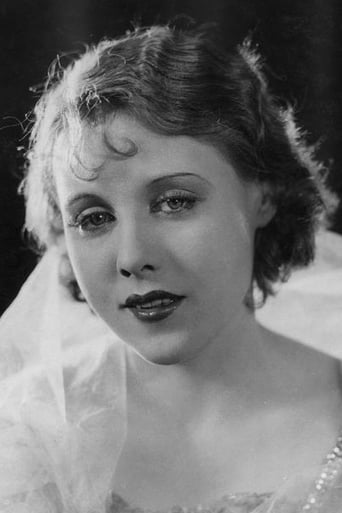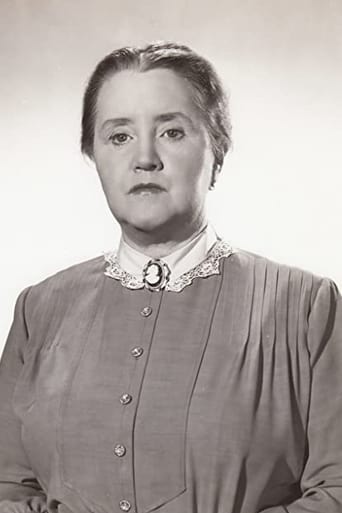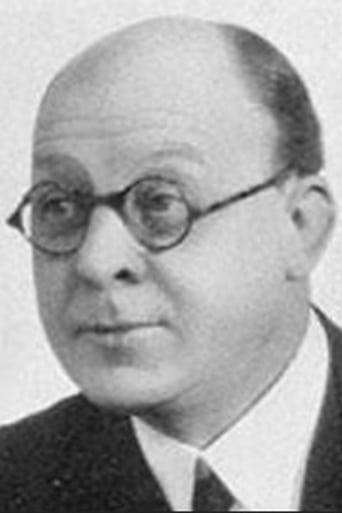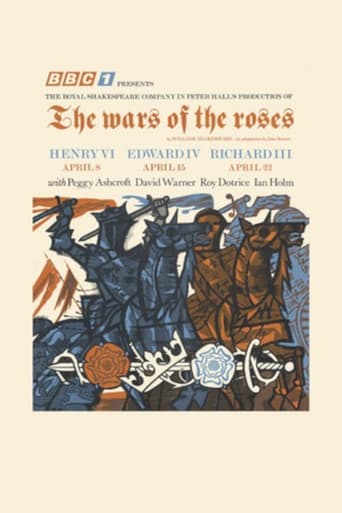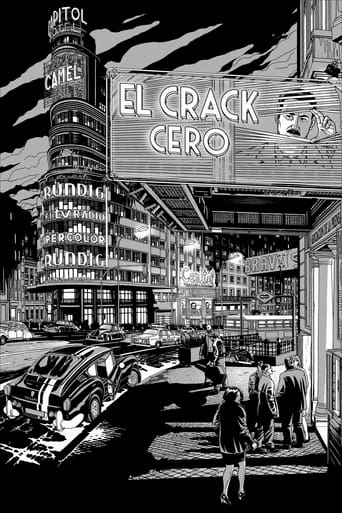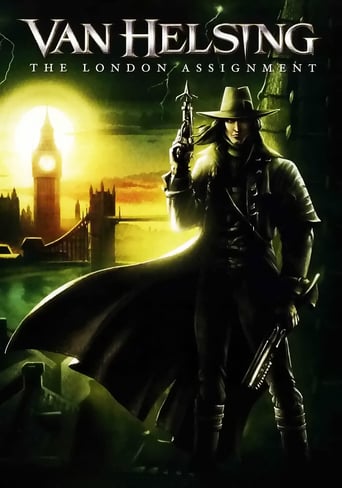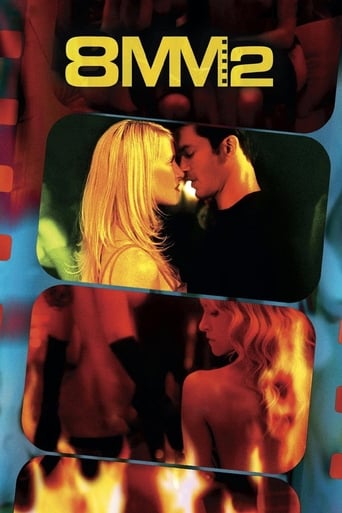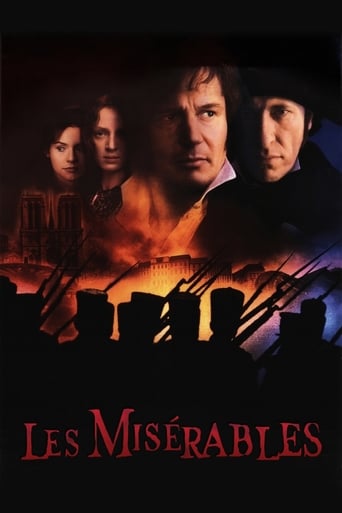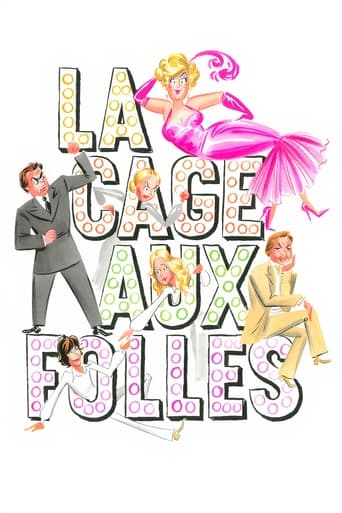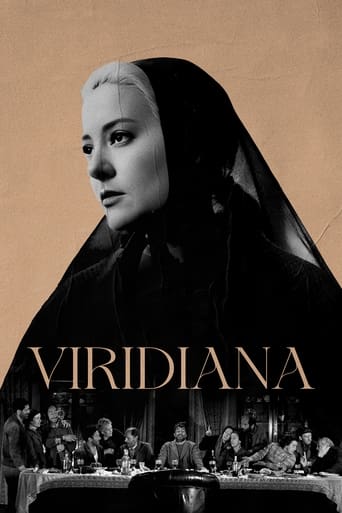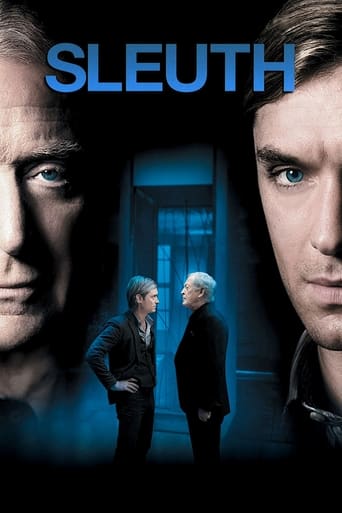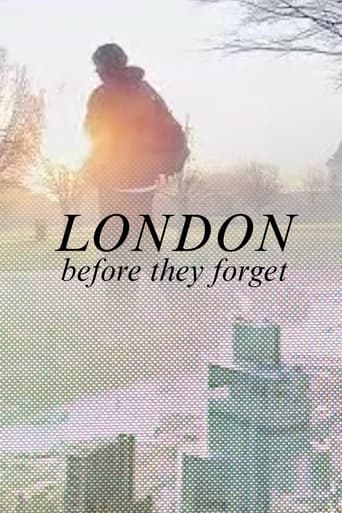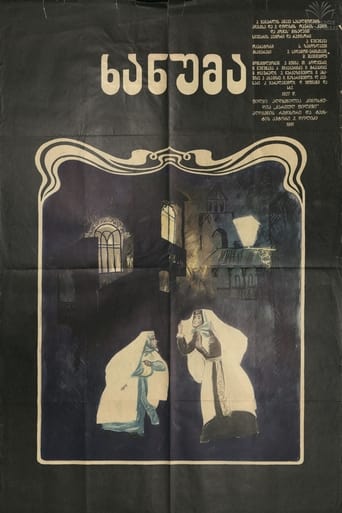
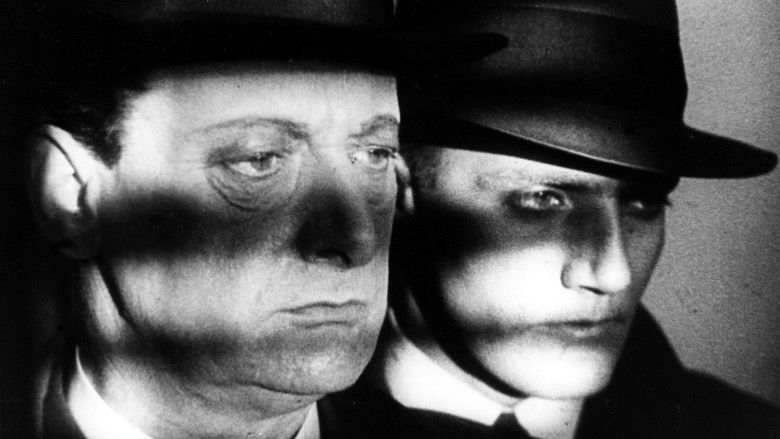
Blackmail (1929)
London, 1929. Frank Webber, a very busy Scotland Yard detective, seems to be more interested in his work than in Alice White, his girlfriend. Feeling herself ignored, Alice agrees to go out with an elegant and well-mannered artist who invites her to visit his fancy apartment.
Watch Trailer
Cast
Similar titles
Reviews
Very best movie i ever watch
Such a frustrating disappointment
In truth, there is barely enough story here to make a film.
This is a small, humorous movie in some ways, but it has a huge heart. What a nice experience.
nor is every movie good if it's signed by Alfred Hitchcock. OK, fact is that this is the first British "talkie", and it's even started as silent film. But many silent movies are better than this one. Fact that it was made in 1929. explains and excuses technical imperfections, even acting, but not the story that is completely undeveloped. In this form it could be used for decent episode of Alfred Hitchcock Presents, but to stretch it into 85 minutes movie is pointless.5/10
Alfred Hitchcock's first talkie is an intriguing film, not entirely successful but still more enjoyable than some of the other films Hitch made around this time. The story starts with a woman cheating on her boyfriend, a Scotland Yard detective. When the man she's with tries to rape her, she kills him in self-defense. Afterwards a criminal who pieces it together blackmails her and her detective boyfriend.A little creaky but that's to be expected under the circumstances. The film started out being made as a silent before it was decided to turn it into a sound picture. In spots it reverts back to a silent (without intertitles). This actually works in the film's favor. There are some really nicely done lengthy sequences with no dialogue, such as her walk home after she's killed the guy, punctuated by a scream. Good acting all around. Nice direction from Hitch. The museum climax is excellent; an early example of the defining set pieces that would become a Hitchcock trademark. Definitely worth a look if you're a fan. Or even if you're not, provided you enjoy pictures from this period. Not everyone does, unfortunately.
Directed by Alfred Hitchcock, who adapted the Charles Bennett play, this slightly above average drama is credited with being the first British sound film. Unfortunately, the sound quality is abysmal. After watching it on TCM, I learned from Robert Osborne that the lead actress's (Anny Ondra, from Austria-Hungary - now Poland) lines were being dubbed in real-time (by Joan Barry, uncredited) off "stage", which helped explain a bit of this (but not all of it).This film opens with a 10 minute long sequence, done strictly with music like a silent film (since the film was shot during the transition period; the silent version released is said to be better than this sound one), which is outstanding. It establishes several locales and police officer characters.Alice White (Ondra), who maintains an "on again, off again" relationship dating Detective Frank Webber (John Longden), flirts with an artist (Cyril Ritchard) while dining with her beau. After dumping the detective, she goes with the artist to his apartment where she goes too far to be shocked by his advances. When he won't be denied her sexual favors, she kills him with a bread knife and flees. However, she was seen leaving by a moocher (Donald Calthrop) who was hanging out nearby and entered the apartment building after she fled.After a sleepless night walking the streets in frightened despair, Alice sneaks upstairs to her bedroom which happens to be above her family's cigar shop. Her mother (Sara Allgood) visits her room just after she'd gotten into bed and tells her to come have breakfast. Alice joins her family (her father is played by Charles Paton) and a neighbor who, naturally, are discussing the (now discovered) murder that occurred the previous night. Preoccupied, Alice hears nothing besides the work KNIFE being spoken over and over again.Detective Webber arrives and has a brief conversation with his girlfriend, in the shop's phone-booth, about the glove of hers he'd found, and concealed from the other detectives, at the crime scene. While showing it to her, the moocher turned blackmailer, enters the phone-booth to reveal he's got her other glove! My favorite scene follows, and I won't spoil it other than to say that the prey (the Scotland Yard detective and his girl) turn the tables on their blackmailer, which leads to the requisite Hitchcock chase. This transition, including the realization on the detective's and then the blackmailer's faces, is done quite well.Additionally, it's interesting to see flashes of the master that Hitchcock would become: the use of an institution, in this case a museum complete with an Egyptian statue and harrowing rooftop, as a backdrop for the chase (ala Saboteur (1942) and North by Northwest (1959), and the women's screams (Ondra's with the landlady's that discovers the body) that are combined ala The 39 Steps (1935) (e.g. with a train whistle).
The first British feature film to be shot with sound (although a silent version also exists), Blackmail is a landmark moment in the career of Alfred Hitchcock. The film is extremely primitive-looking now, inevitably so given its age, but marks an important evolution in cinematic technique. Hitchcock creates some incredible shots and a cleverly unsettling mood here, all very typical of the things we'd come to expect of him as his career developed. Had Blackmail been a bad film it would probably have spelt the end of Hitch's career and we would never have had his subsequent classics to enjoy time and again. Luckily, it's not a bad film in fact it's a pretty damned good one, more interesting to film buffs and historians to be sure, but still a striking little offering for those curious about this sort of thing.Alice White (Anny Ondra) is a quiet, unassuming shopkeeper's daughter. She is involved in an on-and-off relationship with a dedicated local detective, Frank Webber (John Longden), but is also keeping her options open by dating a mysterious artist (Cyril Ritchard) who lodges in a flat close to her father's shop. One evening, following an argument with Frank, Alice meets up with her artist friend. She allows herself to be persuaded up to his flat, but things turn ugly and the artist attempts to rape her. In panic, she stabs him and kills him. Now a killer with a whole heap of guilty secrets hidden away behind her sweetly innocent looks, Alice struggles to hold herself together as the entire neighbourhood gossips and speculates about the terrible murder that has rocked their little world. Frank – ironically assigned to the murder investigation – quickly realises that Alice is guilty but refuses to turn her in. Things become very sticky indeed though when a slimy opportunist, Tracy (Donald Calthrop), reveals that he also knows about Alice's secret and attempts to blackmail her.Ondra is brilliant as the central character, her performance capturing every subtle nuance of the young girl who goes from homely sweetheart to guilt-ridden killer in one swish of a blade. It's a shame that the introduction of sound effectively ended her acting career (her thick accent and unattractive voice is dubbed here, but ultimately film-makers couldn't be bothered dubbing her all the time, and this stopped her from receiving roles once sound cinema became the norm). She really can act, though, and it is sad indeed that she never got to do more. Hitchcock allows some scenes to drag on and within a few years his approach to editing became much sharper. One must remember that in many ways this is an experimental film, a gutsy leap into the unknown, and for a first attempt at a sound movie (both for the director and for British film overall) it's a pretty assured opener. There might not be a huge audience for a film like Blackmail any more, but for those who care this is a very worthwhile landmark movie.
